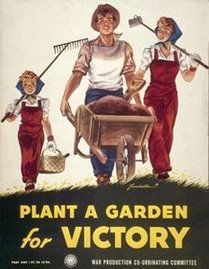dex
Give me a museum and I'll fill it. (Picasso) Give me a forum ...
- Joined
- Oct 28, 2003
- Messages
- 5,105
Japan: Food Poisoning May Be Deliberate - Forbes.com
Anyone who has traveled to a third, second and some first world country know how great our food is here in the USA - relatively inexpensive; varied; bountiful etc.
One thing I will be looking at in the future is where food I'm buying comes from. China is not on the list.
Anyone who has traveled to a third, second and some first world country know how great our food is here in the USA - relatively inexpensive; varied; bountiful etc.
One thing I will be looking at in the future is where food I'm buying comes from. China is not on the list.

